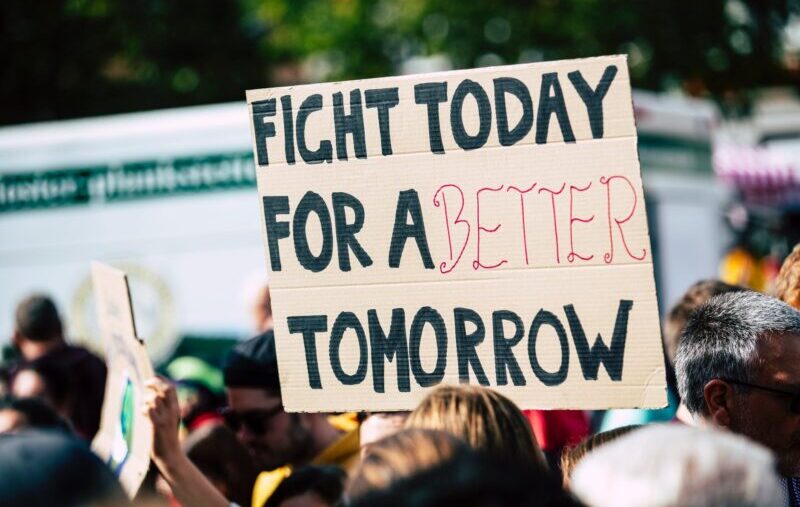Two beliefs are highly problematic for the modern human being. The first is the belief that we are supposed to be rational actors and the second is the belief that we are.
Just two minutes of silence reveals that in each of our heads exists a chorus of competing, irrational voices that makes our decision-making, especially under stress, unreliable if not problematic. For an even more clarifying experience, try something new, meet someone new, go someplace unfamiliar, navigate by landmarks instead of GPS, anything that increases your heart rate and decreases your sense of security. Now listen to the voices in your head. They should be practically chanting what amounts to your default setting, or how you see the world and your place in it under the stress of change.
That messy mix of voices is the aggregation of your preferences, perceptions, judgments and biases, the result of years of dragging a large collection net behind you through a rich, difficult and multifaceted life.
Remember, your default setting has been working hard to help you make sense of your world and to protect your place in it for a very long time. It’s not that it’s bad or wrong, it’s just that it’s no longer as useful as it once was. It feels useful, and better than an alternative, because it’s familiar and that’s the thinking that keeps us stuck in the status quo.
Here are three options for how to adjust your default setting, not so you can finally become rational, but so that you can more capably organize your competing voices of irrationality under stress.
One, in the category of highly desirable but completely unrealistic, you can find a wise teacher high on a distant mountain and take the next 10, maybe 20 years to get there, live there, and learn.
Two, in the category of moderately desirable and more realistic, you can find a counselor, therapist or coach somewhere in your neighborhood (or via the magic of Zoom!) and take the next five years to explore yourself, make sense of your learning and practice new ways of thinking and feeling.
Three, in the category of undesirable and totally realistic, you can do the following beginning right now:
- Pay attention to yourself in familiar, stressful situations and notice what goes on inside. Write it down.
- Put yourself into unfamiliar situations and notice what goes on inside. Write it down.
- Share what you notice with someone you trust and who has your best interests at heart and see what they think and what feedback they have to share.
- Identify and clarify the few things that matter most to you (financial security, family happiness, health and well-being, new experiences, community building, environmental action, continuous learning, achievement, impact, etc.). Use your spending habits and your calendar for clues. Write them down and share them with the person in #3 above, among others. See what they think.
- Do the same thing with your strengths. Get as clear as you can about what you do best when you are at your best. Think of concrete examples, write those stories down and share them, as above.
- Repeat with an honest assessment of your weaknesses (“opportunities” or “challenges” for the euphemistically inclined). The more honest you get, the better off you will be.
- Now, your aspirations and goals. What do you want and why? Write it down. Who knows about this? Find the right people and let them know, you might even ask for help.
What’s happening here? How is this laborious (and therefore undesirable) process of self-reflection, paying attention, writing down and sharing going to lead to the better management of your inherent irrationality?
It’s going to ground you, root you, establish you in your corner of the world by using clarification and understanding as a means to build confidence. The irony of the personal and relational insight that you will gain is that it will make you more aware of and accepting of your irrationality, as well as that of others, which in turn will make you one of the most rational people around.

Photo by freestocks.org on Pexels.com





